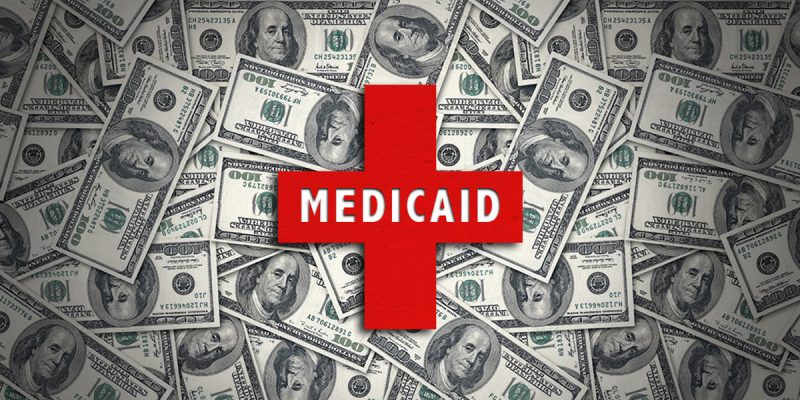But, Medicaid expansion!
As the data pile up, that has become a less and less satisfactory answer supposed to solve for several issues facing Louisiana:
- It supposedly created greater access to care. It never did for many, because the proportion of clients having to wait to see a doctor on Medicaid rose by a factor of 14 after expansion
- It supposedly saved money. It never did, because it wasted so much on ineligible enrollees and the increased wait times still had people flooding higher-cost emergency rooms
- It supposedly paid for itself. It never did, not only because of the waste but also because it relied on tax increases that, beginning next year, won’t even cover additional taxpayer costs
- It supposedly brought economic benefits. It never did, because the alleged benefits have fallen far short of the money extracted from the people to pay for it that could have gone to more economically productive purposes
- It supposedly gave the uninsured health insurance. It never did, not only because of Louisiana’s anachronistic free charity care predated expansion, but that a third to a half of enrollees already had insurance
The latest justification, run by author of expansion Democrat Gov. John Bel Edwards during his reelection campaign, was that expansion kept hospitals open, During a debate, he alleged that none had closed in the state after the implementation of expansion, and expansion had to have cause that.
It was a lie. Days before, one such hospital had closed, and as 2019 closes nationally another 18 have, with a quarter of them in expansion states. Despite expansion covering of 70 percent of the country’s population in this period, rural hospitals operating in the red increased from 40 to 46 percent since 2017. About 60 percent of hospitals at risk of closing are in expansion states.
Meanwhile, the issue of rural hospital survival has hit the presidential campaign radar, with several Democrat contenders weighing in. Unfortunately, most who have did so in the context of Medicaid expansion on steroids, through “Medicare for all.” Expanding Medicaid or Medicare further won’t help, because of low reimbursement rates particularly unhelpful for the higher-cost rural hospitals.
This points out the fatal flaw of Medicaid expansion. It broadened insurance availability indiscriminately focused on trying to stuff as many people (i.e. potential voters) into it, while it did nothing to address the distribution and quality of care. Instead of using taxpayer dollars to convey more benefits to more people (many of whom exited their existing coverage to accept the freebie at taxpayer expense), if money had to be spent it should have gone to raising reimbursement rates in a targeted fashion.
Advertisement
That would help in the context of rural hospitals to reimburse uncompensated care as well, in that not only do they have higher costs but also the populations they serve often have lower average incomes than do urban residents. An additional strategy would create financial incentives for doctors to locate in rural areas, as that lack of physicians is the single most important reason for difficulty in accessing care in rural areas.
Of course, policy-makers have difficulty in fighting one trend: continuing rural depopulation in America that increases the fixed per patient costs of care provision. Still, a targeted approach in reimbursements and physician availability can help resist the tide.
Medicaid expansion doesn’t. If Louisiana policy-makers want to address this problem on behalf of the 22 rural hospitals in the state, they could institute patient responsibility measures for Medicaid recipients and shuttle some or all of that funding to rural facilities. Sitting back and claiming expansion helped not only is inaccurate, it’s irresponsible.
Advertisement
Advertisement

